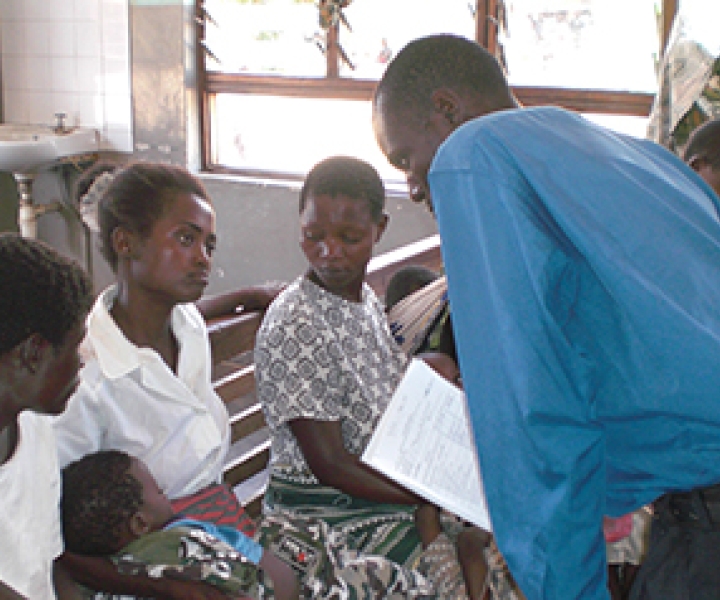Implementation Research

Solving Real-World Problems in Service Delivery
Building capacity in the use of evidence to guide decisions leads to better programs for women and children
IIP has a long history of product research designed to improve the planning and implementation of programs at scale for women and children.
This work includes field trials of new interventions, but also the development and use of new methods for defining health system failures in the pathways from initial illness to death among children under five, capturing cross-sectional “snapshots” of implementation strength, and assessing the quality of care through observation-based assessments of service delivery. IIP also works to improve the data and methods available to support sound program decision making.
Past IIP Projects in Implementation Research:
- Real Accountability: Data Analysis for Results (RADAR)
- Social autopsies to describe health system failures on the pathway from child health to death (Niger, Malawi, Cameroon, Nigeria and more planned)
- A Verbal/Social Autopsy Study to Improve Estimates of the Causes and Determinants of Neonatal and Child Mortality (Nigeria)
- Safety and efficacy of simplified antibiotic regimens for outpatient treatment (SAT) of suspected severe infections in neonates and young infants (Bangladesh)
- The care and treatment of severe pneumonia in HIV-exposed and infected children (Zambia)
- Development and testing of evidence-based mental health treatment for affected Zambian youth (Zambia)
- Monitoring, documentation and evaluation of an integrated maternal and newborn health care program in Morogoro Region (Tanzania)
- A learning agenda for the development of community-based programs in Tanzania: towards the development of a community health worker (CHW) cadre (Tanzania)
- Best practices, capacity-building and leadership for maternal, neonatal and child health, family planning and nutrition programs (Bangladesh)
- Sub-study within the Sanitation Hygiene Infant Nutrition Efficacy (SHINE) Study Characterizing Pregnancy Exposure to Multiple Mycotoxins and its Relation to Birth Outcomes (Zimbabwe)
